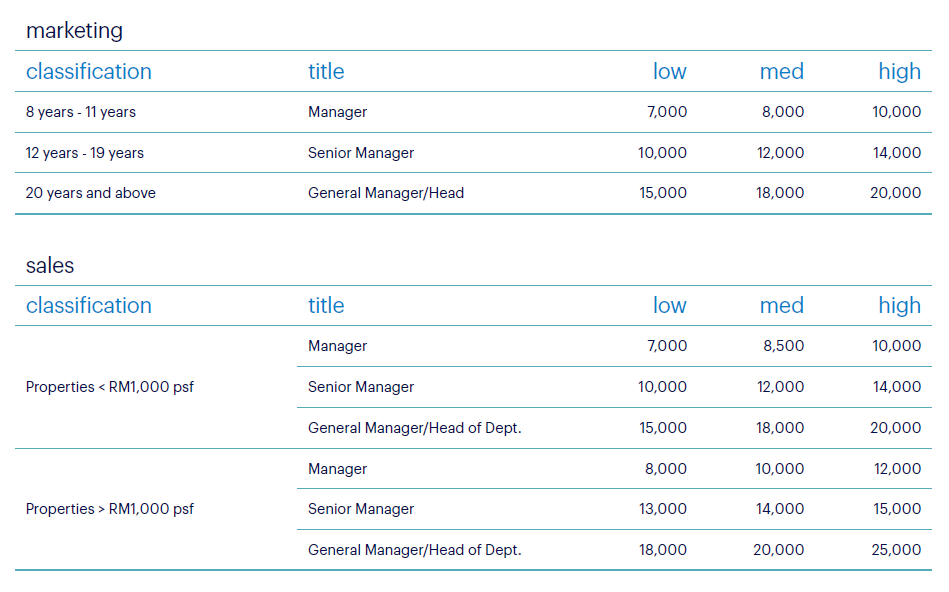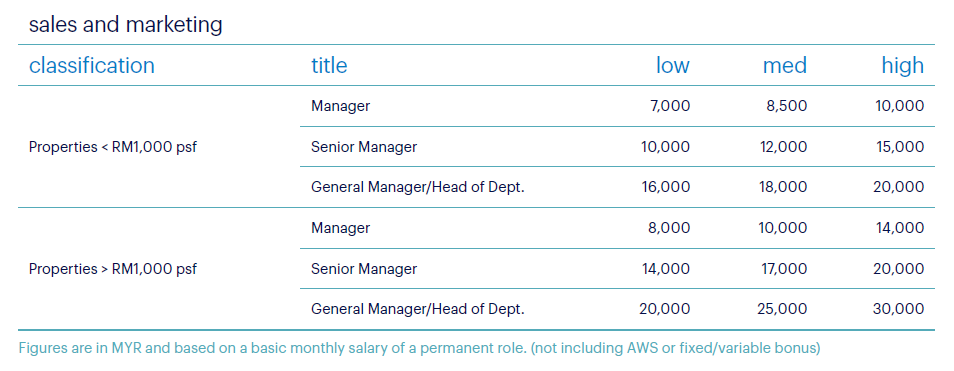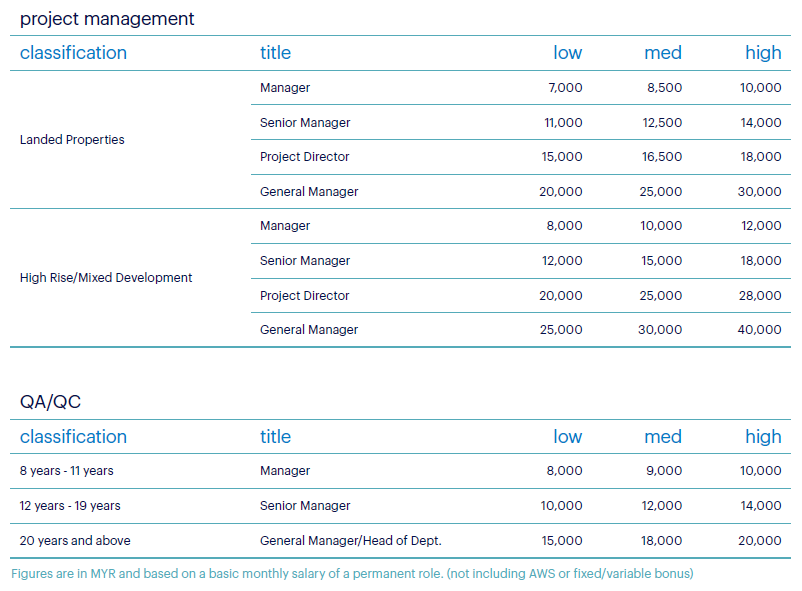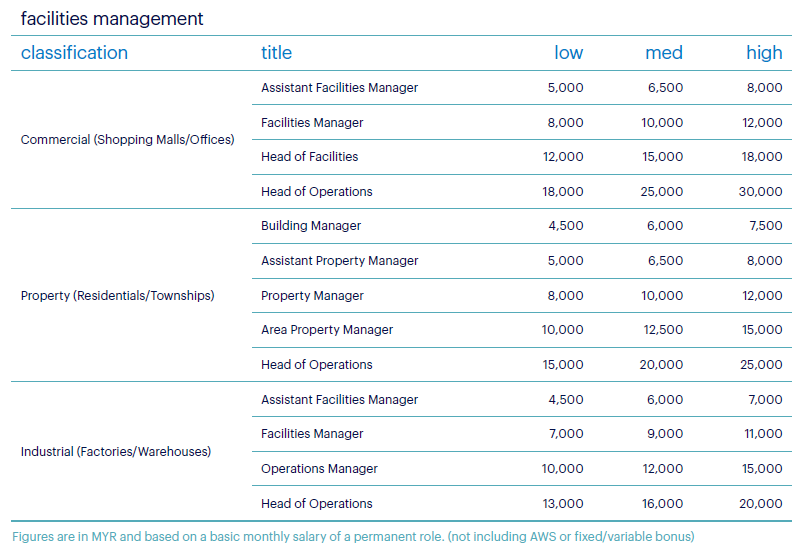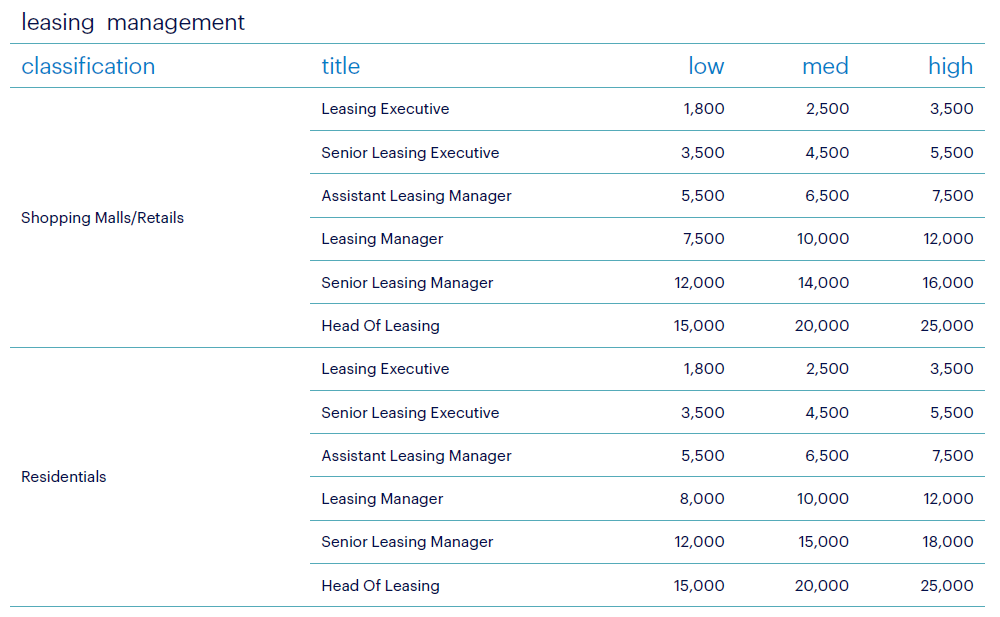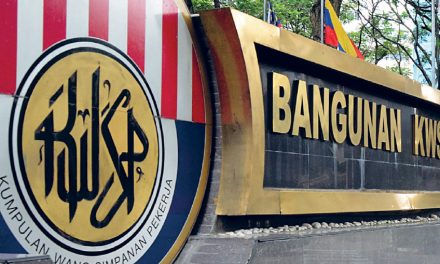In the first nine months of 2019, RM14.65 billion worth of residential properties were sold. This was a huge leap from the RM12.91 billion that was recorded in 2018.
Several government initiatives and intervention into the property space have significantly improved the situation. Property companies have started actively leveraging these initiatives, with many taking a two-pronged approach to ensure that the number continues to increase in 2020 – a push to sell more affordable properties and the personalisation of luxury properties to attract buyers.
a. affordable housing for all locals
Initiatives such as Rent-to-Own, Home Ownership Campaign and Youth Housing, are encouraging more Malaysians to become real estate owners. These schemes help to increase buyers’ appetite by relieving locals of hefty deposits and stamp duties.
b. personalisation of luxury properties
With the increasing number of foreign and local buyers, the competition within the luxury property is heating up. Companies are offering personalisation options to buyers, which will allow them to choose the size and design of the property. This ‘plan-first, buy-later’ approach affirms buyers’ commitment, as they are able to make prior arrangements and decisions to ensure that the property’s value is optimised.
The government had also announced at Budget 2020 that they will be lowering the buying threshold of condominiums and private apartments from RM1 million to RM600,000 in 2020. This initiative will create more supply from the overhang market to an increasing number of foreign buyers who are drawn to this mid-range market – especially those from Greater China. The Chinese are choosing to invest in Malaysia’s housing market due to its lower asset value when compared to other cities like Shanghai, Beijing and Hong Kong SAR.
However, the COVID-19 outbreak that was first reported on December 31, 2019 will undoubtedly impact the buyers’ market as a result of the travel bans and additional precautionary measures implemented by companies.
demand for talent in property market will rise in 2020
With a push to get more buyers into the market to clear oversupply of properties, the industry is now poised for further robust development and expansion. This means companies must prepare themselves for that, starting with their workforce.
In a highly-competitive environment, it is not uncommon for companies to seek experienced talent to drive project completion, and build a healthy project pipeline to ensure business continuity. Supported by strong funding, some property firms are also leveraging this ‘cooling period’ as an opportunity to increase their activities and expand their market share. However, there will be a handful of companies that will continue to adopt a ‘wait-and-see’ approach, as they draw up a vision of how Malaysian’s property market can potentially benefit buyers in the long-term.
Candidates in this space are faced with the choice of staying with their current employer for stability and security, or look for portfolio growth that would typically come with an employer switch. In 2020, job seekers in the property space would focus more on relevant skills and experiences, company culture and career progression opportunities.
offer an all-rounded remuneration package to attract talent
We saw that the growth in the property market had contracted in the past few years, resulting in a corresponding impact on labour demand and average salary. Despite the expected expansion in 2020, the average salary is unlikely to bounce back to the levels seen in 2018.
With lower expectations in mind, many candidates whom we have interacted with shared that they do not mind a lower average salary if that means that they will also be receiving a permanent job offer. The 2019 Employer Brand Research revealed that 29% of respondents in Malaysia are willing to give up at least 10% of their salary for better job security. 10% of all respondents are willing to give up more than 20%.
Employers can introduce performance-based incentives to both attract and secure talent. By providing financial rewards to those who are able to meet deadlines or sales targets, employees are encouraged to work harder and more efficiently. Companies are also making up for the lower-than-average salary through highly-differentiated employee benefits, such as spousal insurance, access to a company car or an employee-discount on residential housing.
candidates encouraged to build more dynamic portfolios
In 2020, companies will have a preference for candidates who are equipped with transferable skills, flexible in the way they work and have relevant project experience. These candidates are highly sought-after as property firms can place them in different projects regardless of type and scale, fulfilling their operational goal of keeping overhead costs low.
Employees who are employed by global property players are often well-compensated through bonuses and find it difficult to move as they often expect their new employers to offer up to 50% more in terms of salaries and bonuses to match their current wages. However, this high expectation narrows their options when they are looking for new opportunities.
While candidates learn to be more realistic and pragmatic, smaller property players can attract candidates through increased exposure to a wide variety of projects, particularly those that can help boost the candidate’s individual portfolio. With a more diverse and dynamic portfolio, these property professionals will be deemed more attractive and employable to other firms in the future, paving the way for their career to flourish.
salary snapshot.


